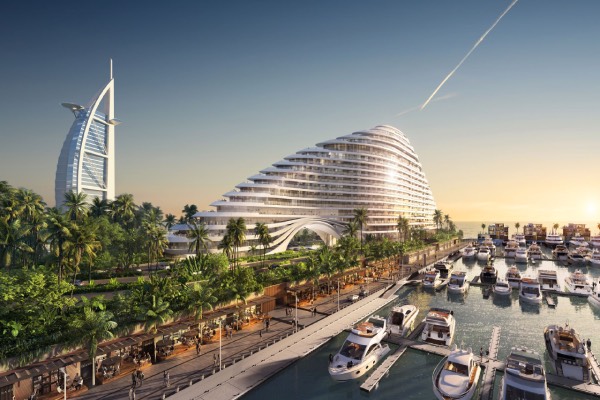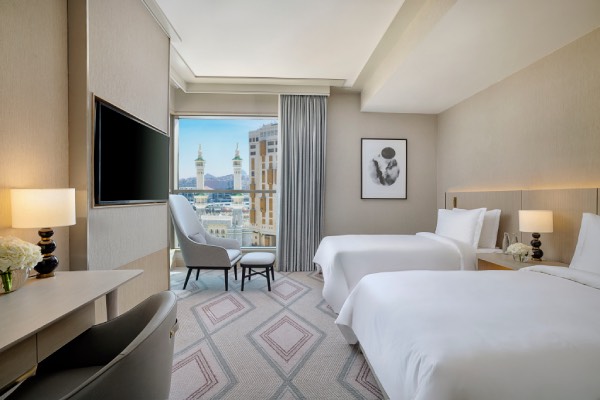Jumeirah Group is looking to double its portfolio by 2030, building on its strong presence across the U.A.E. and expanding its network into key markets globally.
The luxury group plans to grow its footprint in Europe, leveraging its strength in markets such as London, Mallorca, Capri and Geneva to acquire properties in other cities. Jumeirah will also explore expansion opportunities in the U.S.
Capitalizing on the growth potential of the Asia Pacific region, Jumeirah aims to grow its existing footprint beyond its properties in the Maldives, Bali and China.
These plans are part of Jumeirah’s Mission 2030 strategy, which includes the evolution of the brand with a reimagined focus on enhancing guest experiences and new ancillary businesses to complement its ultra-luxury positioning.

Slated to launch in 2024, the strategy will see the infusion of wellness to guest experiences and a revitalized family experience, focusing on education, self-discovery, cultural immersion, environmental stewardship and the arts.
This year has been a busy one for Jumeirah, which is a member of Dubai Holdings. Earlier this year, the group acquired Le Richemond in Geneva, completed residences at the Jumeirah Marsa Al Arab in Dubai, opened Jumeirah Makkah (its first property in Saudi Arabia) and completed renovations at three of its properties in Dubai (Jumeirah Dar Al Masyaf, Jumeirah Mina A’Salam, and Malakiya Villas).
In 2024, Jumeirah will see openings of several properties globally. The group will open Jumeirah Marsa Al Arab in Dubai and Jumeirah The Red Sea in Saudi Arabia, along with the Le Richemond in Geneva which is closed for renovations.
With the luxury landscape evolving in response to consumer demand, especially from younger Millennial and Gen Z consumers, Jumeirah has been innovating to stay relevant, said Katerina Giannouka, CEO, Jumeirah Group.

“Mission 2030 is a strategic plan that is designed to evolve the Jumeirah brand from a regional success story to a global leader in ultra-luxury hospitality. It focuses on four key areas — international expansion, brand and product development, operational excellence and ancillary business — with an overall aim to sustainably double the size of our portfolio by 2030 and enhance our brand experience to meet the diverse and evolving needs of our guests,” Giannouka said.
Sustainability is a key aspect of Mission 2030 under Jumeirah’s three pillars — planet, people and governance. Given that the locations of its properties are in delicate ecosystems, the group focuses on decarbonization of operations, eco-conscious building design, governance on supply chain and diversity and inclusion.
Jumeirah Group is known for its luxurious and iconic properties, such as the Burj Al Arab Jumeirah in Dubai, Arabian palaces at Madinat Jumeirah, all-villa luxury resort in Bali, the art-inspired Capri Palace Jumeirah in Italy and many more. At present, Jumeirah’s portfolio consists of 26 city hotels, beachfront resorts and luxury serviced residences across the Middle East, Europe and Asia. The group also has 85 restaurants worldwide.
